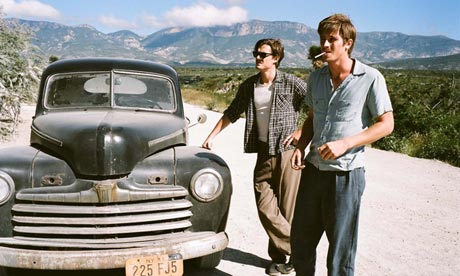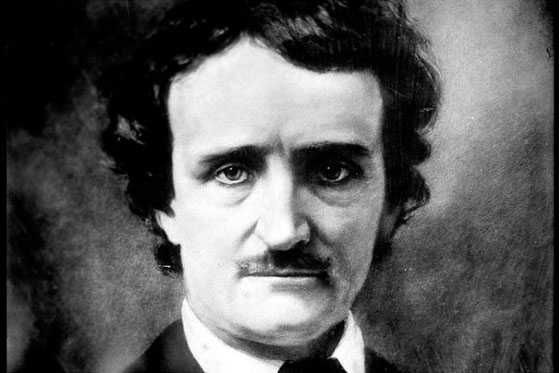-Still Life- French Novels, c. 1888, by Vincent van Gogh
This year I knocked off 37 books, and 10,842 pages- give or
take. There were three other books I read pretty deeply into, before putting
them on hold, but I won’t be counting those pages towards this year’s total.
That means I averaged about 30 pages per day, compared to 31 pages per day last year. Pretty darn steady, all things considered.
So, what did I read, you ask? Well, I’d throw the vast
majority of it in the classics or contemporary literary fiction category. “Read
the best books first,” and all that jazz… But 14% of those pages were
non-fiction, 11% of them were mainstream commercial fiction, 6% were plays, and
11% were short story collections. More importantly, I reached all my goals for this year, knocking off an Agatha Christie here, conquering a foreign language
read some time before the clock strikes twelve tonight, and ensuring that a
full 44% of my reading this year came from the pens of female writers. (Last
year, you may remember, there was only one.)
Here is the final list, in the order I read them, with my top
ten reads listed in bold (page numbers in parentheses):
1)
The
View from Castle Rock, Alice Munro (349)
2)
A Bell for Adano, John
Hersey (269)
3)
Stone
Arabia, Dana Spiotta (256)
4)
Wasatch,
Douglas Thayer (235)
5)
The
Turn of the Screw, Henry James (96)
6)
Curtain,
Agatha Christie (240)
7)
Swann’s Way, Marcel
Proust (496)
8)
Wuthering
Heights, Emily Bronte (352)
9)
Jane Eyre, Charlotte
Bronte (320)
10) A Visit from the Goon Squad, Jennifer Egan (352)
11)
The
Vegetable, F. Scott Fitzgerald (185)
12) The Fifth Column &
Four Unpublished Stories of the Spanish Civil War, Ernest Hemingway (215)
13) The Death of a Disco Dancer, David Clark (336)
14) State of Wonder, Ann
Patchett (384)
15) The Dead, James
Joyce (80)
16) Blue Nights, Joan
Didion (208)
17) Swamplandia, Karen
Russell (336)
18) Silas Marner, George
Eliot (192)
19) Home, Toni Morrison (160)
20)To Kill A
Mockingbird, Harper
Lee (336)
21) Dandelion Wine, Ray
Bradbury (288)
22) The Human Comedy,
William Saroyan (256)
23) Train Dreams, Denis
Johnson (128)
24)The Marriage Plot, Jeffrey Eugenides (416)
25) The Night Circus, Erin
Morgenstern (400)
26) Middlesex, Jeffrey Eugenides (544)
27) Into Thin Air, Jon
Krakauer (416)
28) Moby Dick, Herman Melville (464)
29) Ethan Frome, Edith
Wharton (106)
30)The Good
Earth, Pearl
Buck (418)
31) Out of Africa, Isak Denisen (416)
32) Congo, Michael Crichton (313)
33) Kongo, Michael Crichton (310)
34) Mythologies, Roland Barthes (288)
35) The War of Art, Steven
Pressfield (158)
36) When the Killing’s
Done, T. C. Boyle (384)
37) Trg Oberdan, Boris
Pahor (140)
Now,
coming up with a top ten is always tough. To Kill a Mockingbird and The Good Earth were reread precisely because they were already favorites of mine. Even so, there were a handful that could have made the cut if I’d been in a slightly different mood when I
read them, but all I can go on is which books I enjoyed the most.
Twenty six of those authors were brand new to me, which is exciting and disheartening at the same time. I am tearing through new writers at an amazing clip and am still just scratching the surface. But that's what makes this so much fun.
Now it’s time
for you to shame me with your own lists. Whadjyall read this year?
Update: How on earth did I leave On the Road off this list! Not sure who I would bump from the top ten, but Kerouac definitely belongs in that group.















